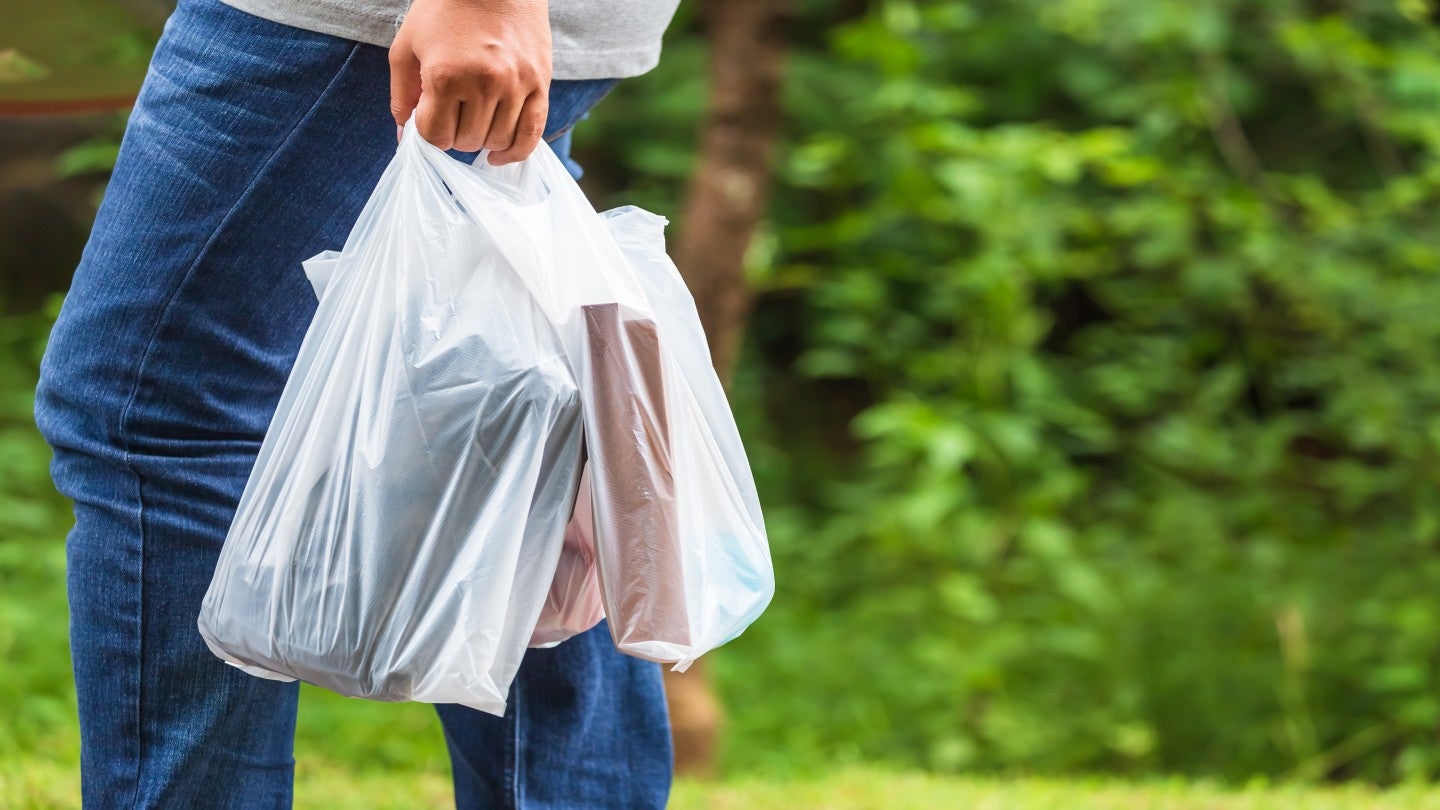
The Australian Capital Territory (ACT) has initiated a ban on heavyweight and boutique plastic bags starting from 1 January 2024.
The new regulations target all single-use shopping bags that are either wholly or partly made using plastic.
The ACT Government has prohibited the circulation and use of soft plastic bags that have more than 35 microns of thickness, as well as those made from plastic-laminated materials such as paper or cardboard.
The initiative is part of the territory’s broader effort to phase out single-use plastics and mitigate environmental impact.
Certain exemptions will be monitored by the ACT Government, allowing specific types of plastic bags to remain in circulation.
These exceptions currently include handleless bags, unsealed bags that are used for perishable goods such as fruit or cooked poultry, and other durable shopping bags made from materials such as nylon, polyester, or woven polypropylene (PP).
Notably, the government has emphasised that non-woven PP bags under the exemption must have a minimum weight of 90g/m² and sewn seams.
The ban is being executed in three stages and the previous stage was implemented on 1 July 2023.
The phased bans have targeted a variety of products, including single-use plastic plates, bowls, straws, cutlery, cotton buds with plastic sticks, expanded polystyrene trays, takeaway food and beverage containers, and certain expanded polystyrene loose-fill packaging materials.
The ACT Government’s strategy also includes the prohibition of plastic microbeads in rinse-off personal care and cleaning products, as well as oxodegradable plastics.
Oxodegradable plastics are commonly found in items such as dog waste and general waste bags, which can be labelled as biodegradable despite it containing toxins.
Other Australian states, including Western Australia, Queensland, and South Australia imposed a ban on a range of single-use plastic items from 1 September 2023.



